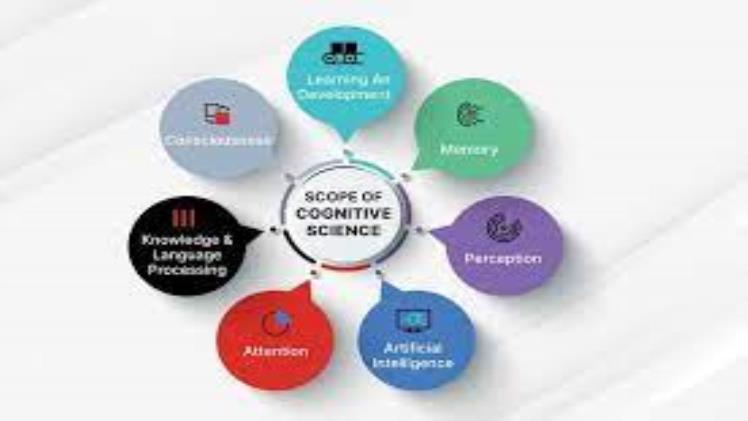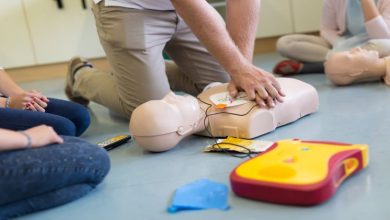The Basic Concepts of Cognitive Science and Learning

What are the basic concepts of Cognitive Science and Learning? Basically, it is the study of how we make sense of our environment. The research focuses on human thought processes, particularly embodied cognition. This system of processing information is closest to human thought processes and is better able to understand the real world and its issues. Here are some examples of how humans make sense of the world:
Intrinsic load
Click here for more information lpc full form
The theory of intrinsic cognitive load in cognitive science and learning suggests that the difficulty of the subject matter influences the level of learning. Complex material, such as a histogram, has a higher intrinsic cognitive load than material with fewer interactive elements. Likewise, simple bar graphs are easier to understand than complex histograms, which may require the learners to process multiple elements at once. Despite the widespread misconception about the relation between intrinsic cognitive load and difficulty, researchers are not quite sure exactly what the connection between the two is.
The “modality principle” posits that information is more effective presented in a synchronized manner than in a sequential order. In fact, students can free up cognitive resources by combining auditory and visual information. Another source of unnecessary load is the coordination of materials with the same information. In these cases, one source of information is included in an effort to facilitate learning. This practice problem is often referred to as a “redundancy problem,” since it makes students need to integrate multiple sources of information to successfully complete a task.
Extraneous load
Cognitive scientists have been studying the effects of extraneous load on learning and memory for decades. The theory of cognitive load proposes that we can reduce the extraneous characteristics of learning material to improve the efficiency of the learning process. One important lesson from this theory is that there is no single “right” way to design learning material. Instead, we should focus on minimizing the characteristics that do not contribute to learning.
This notion is rooted in studies of the effects of extraneous and germane loads. The latter refers to cognitive loads that are not necessary learning and that are imposed by the instructional material. It is possible to alter the amount of extraneous load during learning by changing the design of the instructional material. Another term for extraneous load is the expertise-reversal effect. The expert may acquire new information, while a novice may be unable to use it.
Generalized reasoning without an algorithm
For a learner, the ideal learning experience is one where he or she solves the problem of generalization and masters a domain based on concepts already learned. In this case, the learner does not need an algorithm to do so. However, the use of models can improve the learning experience by predicting the generalization of novel concepts. So what exactly is generalized reasoning? And how does one achieve it?
The first model consists of a Bayesian framework in which the generalization process is based on a set of hypothesis spaces and each space contains a set of hypotheses. Then, a learner can apply this model to a new stimulus and obtain a generalization to the new stimulus. In addition, this framework is computationally intensive. It involves a complex set of rules, but the learning process remains highly flexible.
Maintenance rehearsal
Memory rehearsal is a process in which you repeat something over again in your mind, possibly to memorize it. Two types of memory rehearsal are maintenance rehearsal and elaborative rehearsal. Maintenance rehearsal involves repeating a single thought or idea, and elaborative rehearsal is a more complex process that uses several encoding strategies. This method can be helpful when information is stored in Working Memory, but it’s usually forgotten if attention is diverted from the task.
The differences between maintenance rehearsal and elaborative rehearsal have long been disputed, but the two processes are similar enough to warrant their own separate descriptions. Maintenance rehearsal involves repetitively practicing the same thing over, while elaborative rehearsal involves attaching meaning to the original material. For example, in the study mentioned above, students rehearsed a word by mnemonics (the letter FACE).




